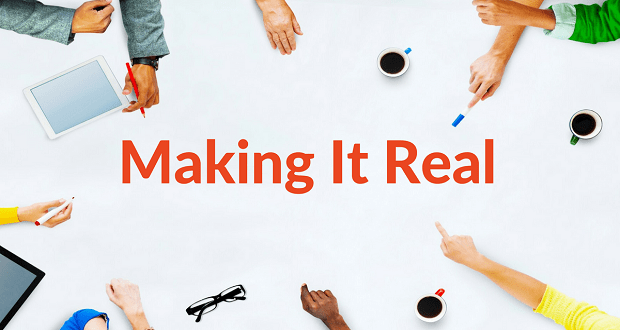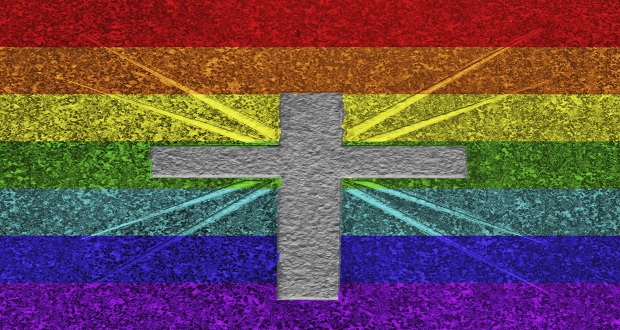
The past few weeks have been heavy. As a big sister to a black boy (9) and young black man (23), I couldn’t help but feel disheartened by the unfortunate killings of Eric Garner, John Crawford, Michael Brown—all by police, all unarmed, and all within a month’s span. The negligence of the police department, unfair portrayal of some of the victims and what I believed to be biased coverage by (some) media outlets was disconcerting for me.
I went through a stint of sadness— I can’t imagine how their families must be feeling. This is devastating…That could’ve easily been my brother, father, boyfriend, me? Then, of course, there was anger—Why is this happening AGAIN?! Why are they attacking the character of the VICTIMS? What has to happen for this to STOP?! This is not FAIR!
And then there was a period of self-reflection—What can I do? How can I use myself? What role do I play? Amidst my internal discourse, I was reminded of how there is so much power and opportunity in the diversity and inclusion space to effectuate change in society –even if it begins as strides in an organizational setting.
I had to remind myself that organizations do not operate in a vacuum. Our organizational systems are susceptible to the same issues that permeate our nation’s systems. Many of the same systemic flaws that exist within the societal context, that often times have a disparate impact on people of color, women, people with disabilities and members of the LGBTQIA community, may also exist in the same organizations where we spend 40+ hours a week.
Granted, it may not be in the form of disproportionate arrests among whites and people of color. These systems may be perpetuated in disparate outcomes in promotions, disengaged employees groups, lack of diversity in applicant pools, the unintentional exclusion of diversity certified suppliers, cultures of assimilation, or workforce demographics that don’t reflect the consumers they serve. A lot of times, these outcomes are unintentional, maybe unbeknownst to the organization, but if unaddressed, they can perpetuate inequality and stunt inclusion.
How do we intervene and disrupt those systems? I think it begins with candid conversations—and I know, that’s definitely easier said than done (I’m working on it myself). But we can’t get anywhere without starting there, as uncomfortable as it may be. Understanding our nature as humans, the nuances of power, privilege, and our unconscious biases are necessary requisites to developing an understanding of how our actions perpetuate systems that yield outcomes that may or may not align with our intent.
It also involves taking a deep dive into organizational practices and policies, dissecting processes, identifying barriers where they may exist, leveraging off of employee data and compliance metrics. Majority of our areas of opportunity in creating inclusive and equitable systems, and creating real change, are rooted in our capacity to shift the focus from our intent to the actual impact and outcomes we’re yielding.
What strategies have worked for you and your organizations in creating an authentic culture of inclusion? How do you create a space where critical conversations can be had? Do you find those conversations are even necessary? Are the welcomed? How do you identify barriers to inclusion? I recognize I have a lot to learn in this space; I’d be interested in your thoughts.


















